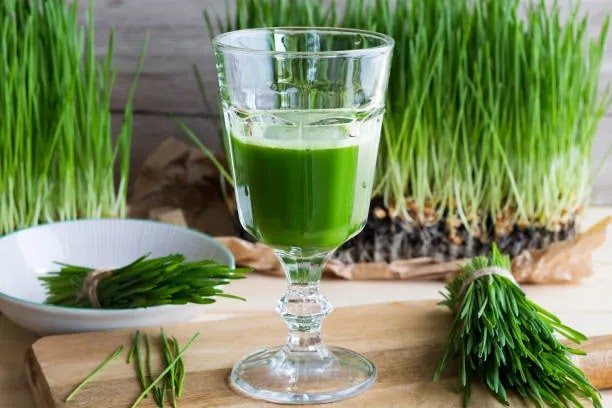All the more reason to buy that
at-home juicer you've had in your online shopping cart.
Juice can be a delicious way to get certain nutrients that you
might not get daily into your body. It's beautiful, but it's also a practical
way to get your nutrients on the go!
While certain store-bought juice drinks may contain high levels of
added sugar, there is plenty of fresh juice that is 100 per cent natural and
contains no additives to help you stay healthy.
Certain types of juice, in particular, can assist your body cope
with age-related changes and slow down the ageing process. Continue reading to
learn more about the various types of juice that can help you slow down the
ageing process.
1. Pomegranate juice
Pomegranates are high in polyphenols, antioxidants that can help
reduce inflammation, fight cancer, and lower blood pressure. Pomegranates have
also been shown to have a particular influence on your body's ageing cells and
these benefits.
After the age of 50, your cells begin to suffer from mitochondria
recycling, which directly impacts muscle strength. Furthermore, if your body
cannot recycle mitochondria quickly enough, they may collect, increasing your
risk of serious diseases such as Parkinson's.
Pomegranates contain a molecule that your gut microbiome converts
to urolithin A, a substance that can aid in maintaining the health of your
mitochondrial process. It's important to note, however, that some people may
have gut flora that can't convert this compound, so that that pomegranate juice
won't help much.
2. Carrot juice
Carrots are high in antioxidants, which might help you stay
healthy as you become older. Carrots, for example, are high in lutein, which is
proven to benefit eye and brain function.
Carrots are high in beta carotene, an antioxidant that your body
can use to convert into vitamin A. Beta carotene may help reduce the risk of
prostate cancer in younger men, according to a study published in Cancer
Epidemiology, Biomarkers & Prevention.
3. Beet juice
Beetroot juice is a potent drink for helping to reduce the ageing
process. Some people love it, whereas others hate it.
According to a study published in Redox Biology, those who drank
beet juice had higher levels of a specific type of bacteria that aids cognitive
and vascular health than those who drank a placebo drink. After drinking the
beet juice, these participants' blood pressure levels decreased.
These results are due to beets' high concentration of nitrates,
which assist in the health of your blood vessels while also improving cognitive
function as you age.
4. Pink grapefruit juice
Carotenoids are the compounds that give fruits and vegetables
their natural colour, and carrots, as already said, contain a form of
carotenoid that aids in the slowing of ageing. Lycopene, a carotenoid found in
pink grapefruits, is yet another carotenoid.
Lycopene (found in tomatoes and watermelon) has been shown to
provide various health benefits, including enhancing the appearance of your
skin. Lycopene had "rejuvenating" effects on the skin of the study's
middle-aged participants, according to research published in Food Science &
Nutrition.
Another study published in the American Journal of Nutrition found
that lycopene can lower LDL cholesterol while also raising "good"
cholesterol levels, both of which are essential factors in maintaining heart
health, which is especially important as you get older because cardiovascular
disease is the leading cause of death in the United States.
5. Wheatgrass juice
Let's be honest; wheatgrass juice tastes pretty awful. But the
health benefits and anti-ageing properties are well worth the grassy flavors.
Wheatgrass is high in chlorophyll, the green ingredient found in
many plants. Chlorophyll has been found to have potent anti-inflammatory
qualities when consumed, which can assist older persons to reduce their risk of
disease and enhancing their general health.
Because of its ability to limit the bioavailability of carcinogens (things that can cause cancer) in your body, chlorophyll has chemoprotective properties (protects your body from the harmful side effects of chemotherapy).






